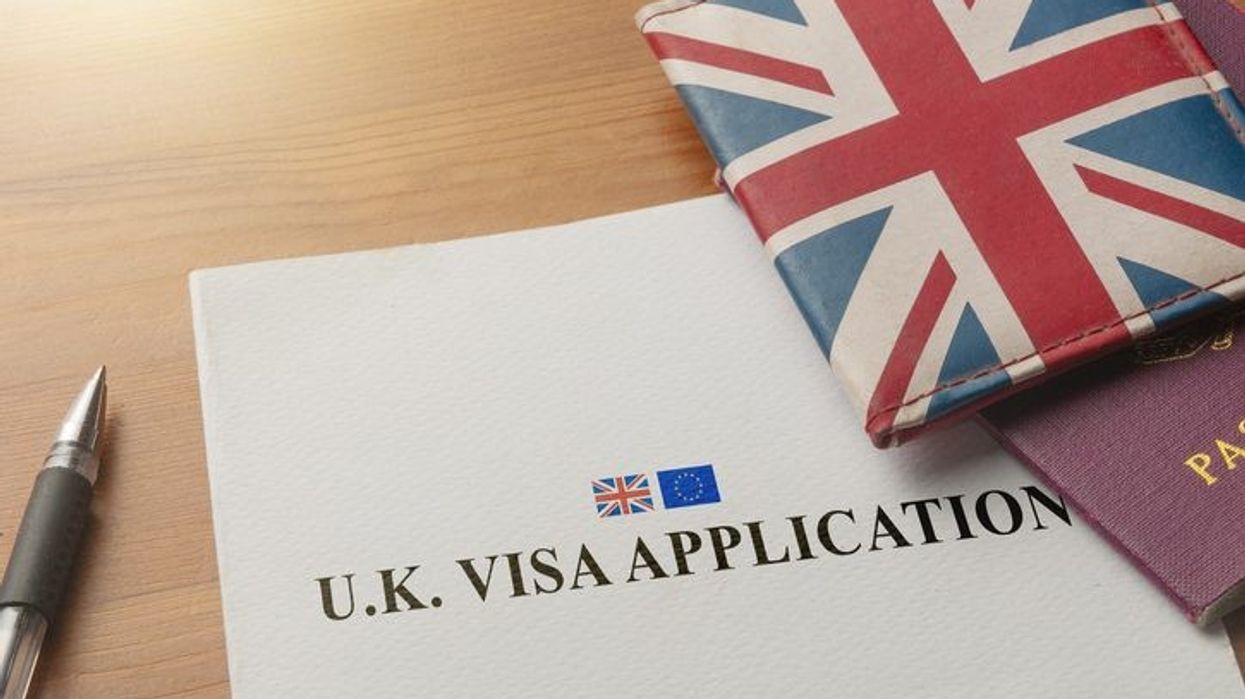A proposed visa fee hike announced by the government will become effective from Wednesday (4), when a visit visa for under six months will cost £15 more and student visas will be £127 more expensive for travellers from around the world, including Indians.
Following the legislation tabled in Parliament last month, the UK Home Office said the changes mean that the cost for a visit visa for less than six months will rise to £115 and the fee for applying for a student visa from outside the UK will rise to £490 – to equal the amount charged for in-country applications.
“It is right and fair to increase visa application fees so we can fund vital public services and allow wider funding to contribute to public sector pay,” a Home Office spokesperson said.
It comes after prime minister Rishi Sunak had announced in July that the fees and health surcharge paid towards the NHS by visa applicants are set to rise “significantly” to meet the country’s public sector wage increase.
“We are going to increase the charges that we have for migrants who are coming to this country when they apply for visas and indeed something called the Immigration Health Surcharge (IHS), which is the levy that they pay to access the NHS,” he said at the time.
“All of those fees are going to go up and that will raise over GBP 1 billion, so across the board visa application fees are going to go up significantly and similarly for the IHS,” he said.
The Home Office indicated a 15 per cent increase in the cost of most work and visit visas, and an increase of at least 20 per cent in the cost of priority visas, study visas and certificates of sponsorship.
“Income from fees charged plays a vital role in the Home Office’s ability to run a sustainable immigration and nationality system. Careful consideration is given when setting fees to help reduce the funding contribution from British taxpayers, whilst continuing to provide a service that remains attractive to those wishing to work in the UK and support broader prosperity for all,” the Home Office said.
The hike in fees applies across most visa categories, including fees for up to six months, two, five and 10-year visit visas; the majority of fees for entry clearance and certain applications for leave to remain in the UK, including those for work and study; fees for indefinite leave to enter and indefinite leave to remain; health and care visa; fees in relation to certificates of sponsorship and confirmation of acceptance for studies; and applications to register and naturalise as a British citizen.
A proposed increase to the IHS for funds towards the NHS is scheduled to be introduced later in the year.
“Increasing visa fees for people making their home in the UK is unfair, divisive and dangerous, especially during a cost-of-living crisis that is making life tougher for all of us. High visa costs are already leaving families without cash for essentials, living month to month just to save for a visa,” said the Joint Council for the Welfare of Immigrants (JCWI).
(PTI)





